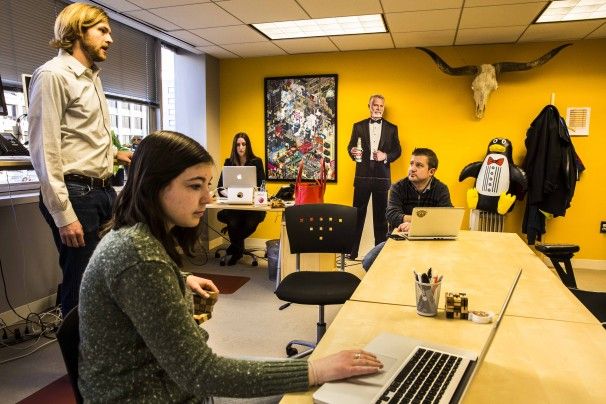Overmanagement by Mr. Andres Agostini
This is an excerpt from the conclusion section o, “…Overmanagement…,” that discusses some management strategies. To read the entire piece, just click the link at the end of article:
BEGINNING OF EXCERPT.
Question: What other contemporary issues particularly concern you? Do you find signs of
hope or resistance around these issues that, perhaps, you finding heartening?
Well, we can make a long list, including the things we’ve talked about, but it’s also worth
remembering that, hovering over the things we discussed, are two major problems. These
are issues that seriously threaten the possibility of decent human survival. One of them is
the growing threat of environmental catastrophe, which we are racing towards as if we
were determined to fall off a precipice, and the other is the threat of nuclear war, which
has not declined, in fact it’s very serious and in many respects is growing. The second one
we know, at least in principle, how to deal with it. There is a way of significantly reducing
that threat; the methods are not being pursued but we know what they are. In the case of
environmental catastrophe it’s not so clear that there will even be a way to control of
maybe reverse it. Maybe. But, the longer we wait, the more we defer taking measures, the
worse it’s going to be.
It’s quite striking to see that those in the lead of trying to do something about this
catastrophe are what we call “primitive” societies. The first nations in Canada, indigenous
societies in central America, aboriginals in Australia. They’ve been on the forefront of
trying to prevent the disaster that we’re rushing towards. It’s beyond irony that the richest
most powerful countries in the world are racing towards disaster while the so-called
primitive societies are the ones in the forefront of trying to avert it.
END OF EXCERPT.
Please see the full article at http://lnkd.in/bYP2nDC





